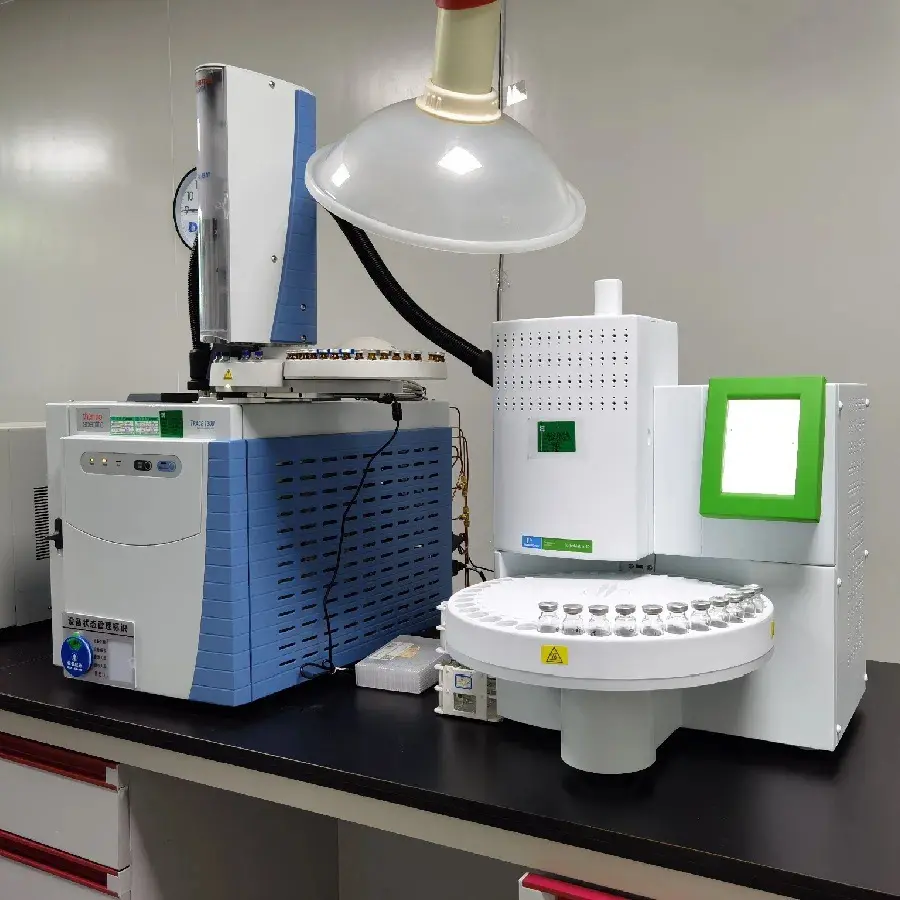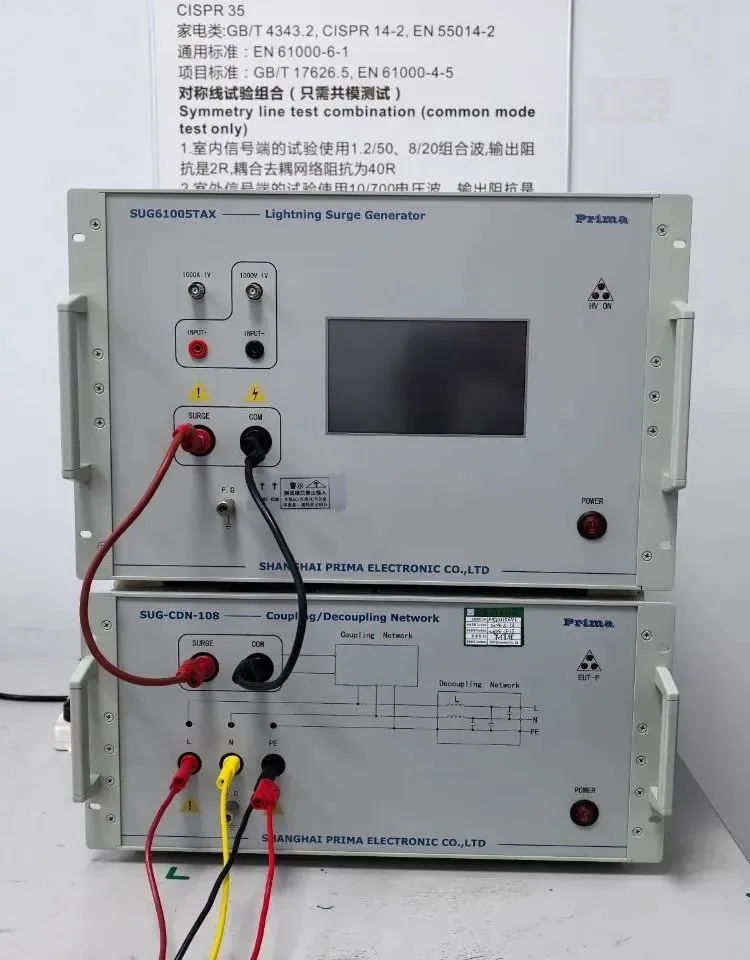
In Vitro Biocompatibility Testing of Biomaterials and Medical Devices
Short-term contact between materials and the body can cause toxicity, irritation, teratogenicity and local inflammation to cells and the whole body; long-term contact may have mutagenic, teratogenic and carcinogenic effects; contact with blood can cause abnormal coagULation function and hemolysis, etc. Therefore, when considering the use of materials in the biomedical field, their biocompatibility is an important indicator that needs to be consideRED and evaluated.


Biocompatibility test items
Cytotoxicity assay
Sensitization test
Skin irritation test
Intradermal reaction test
Stimulation test
Service Background
Biocompatibility refers to the ability of a material to elicit an appropriate response in a specific part of the body.
● Short-term contact between the material and the body will cause toxicity, irritation, teratogenicity and local inflammation to cells and the whole body;
● Long-term exposure may be mutagenic, teratogenic and carcinogenic;
● Contact with blood can cause abnormal coagulation function and hemolysis, etc.
Therefore, when considering the use of materials in the biomedical field, their biocompatibility is an important indicator that needs to be considered and evaluated.
Evaluation principles and standards
The evaluation of biocompatibility of materials follows the principles of biosafety and biofunctionality, which requires that biomaterials have very low toxicity and can properly stimulate the corresponding functions of the body in specific applications. The evaluation of biocompatibility mainly refers to the requirements of the International Standards Organization (ISO) 10993 and the national standard GB/T16886, and is carried out through a series of in vitro and in vivo experiments.
Biocompatibility testing items and standards
Test items | Guideline |
Cytotoxicity assay | GB/T 16886.5/iso 10993-5/GB/T 14233.2/ISO 7405/YY/T 0127.9/YY 0719.7 |
Sensitization test | GB/T 16886.10/iso 10993-10/GB/T 14233.2/GB15979/ YY/T 0879.2 |
Skin irritation test | GB/T 16886.10/iso 10993-23/GB 15979/YY 0719.7 |
Intradermal reaction test | ISO 10993-10/GB/T 16886.23/GB/T 14233.2 |
Oral irritation test | GB/T 16886.10/ISO 10993-23/ISO 7405/YY/T 0127.13 |
Eye irritation test | GB/T 16886.10/ISO 10993-23/GB 19192/YY 0719.7 |
Vaginal irritation test | GB/T 16886.10/ISO 10993-23 |
Penile stimulation test | GB/T 16886.10/ISO 10993-23 |
Rectal irritation test | GB/T 16886.10/ISO 10993-23 |
Acute systemic toxicity test | GB/T 16886.11/ISO 10993-11/GB/T 14233.2/ISO 7405/YY/T 0127.2/YY/T 0127.5/YY/T 0127.14 |
Pyrogen test | GB/T 16886.11/ISO 10993-11/GB/T 14233.2/Chinese Pharmacopoeia |
Subacute systemic toxicity (14 days, 30 days, 60 days) | GB/T 16886.11/ISO 10993-11/GB/T 14233.2/YY/T 0127.15 |
Subchronic (chronic) systemic toxicity test (90 days, 180 days) | GB/T 16886.11/GB/T 16886.6/ISO 10993-11/iso 10993-6/GB/T 14233.2/YY/T 0127.15 |
Endotoxin test | GB/T 14233.2/YY/T 0616.1/YY/T 1295/Chinese Pharmacopoeia |
Blood compatibility test | GB/T 16886.4/ISO 10993-4/GB/T 14233.2/ISO 7405/YY/T 0127.1 |
Chromosome aberration test | GB/T 16886.3/ ISO 10993-3/ISO/TR 10993-33/YY/T 0127.16/ YY/T 0870.2/ YY/T 0870.5 |
Micronucleus test | GB/T 16886.3/ ISO 10993-3/ISO/TR 10993-33/YY/T 0127.12/ YY/T 0870.4 |
In vitro mammalian cell micronucleus assay | YY/T 0870.6 |
Gene mutation test | GB/T 16886.3/ ISO 10993-3/ISO/TR 10993-33/YY/T 0127.17/ YY/T 0870.3 |
Implantation test | GB/T 16886.6/ISO 10993-6/ GB/T 14233.2/ISO 7405/ YY/T 0127.8/ YY/T 0127.4 |
Ames test | GB/T 16886.3/ ISO 10993-3/ISO/TR 10993-33/ISO 7405/YY/T 0870.1/YY/T 0127.10 |
Bacterial reverse mutation assay | YY/T 0870.1/YY/T 0127.10 |
Applicable product range
Medical devices, cosmetics, disposable sanitary products, disinfection products, etc.
General sample requirements
Representative samples. For other specific details, please consult JJR online customer service.
Email:hello@jjrlab.com
Write your message here and send it to us
 What are the Differences Between EN 71 and ASTM F9
What are the Differences Between EN 71 and ASTM F9
 ASTM F963-23 Lithium-Ion Battery Requirements for
ASTM F963-23 Lithium-Ion Battery Requirements for
 Tiny Toys Bus Pass ASTM F963
Tiny Toys Bus Pass ASTM F963
 ASTM-F963-17 Non-Ride-On Toys Testing
ASTM-F963-17 Non-Ride-On Toys Testing
 Amazon ASTM F963 Pacifier Compliance Testing
Amazon ASTM F963 Pacifier Compliance Testing
 RCM AS/NZS CISPR 32:2023 Testing for Power Adapte
RCM AS/NZS CISPR 32:2023 Testing for Power Adapte
 How to get Australia SAA Compliance?
How to get Australia SAA Compliance?
 Does Canada Require RoHS Compliance
Does Canada Require RoHS Compliance
Leave us a message
24-hour online customer service at any time to respond, so that you worry!




